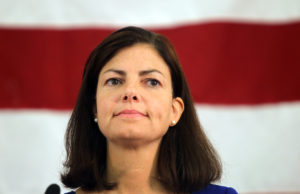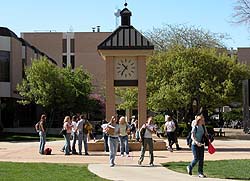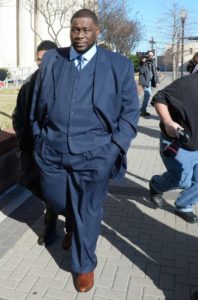When a conservative scolds liberals about being intolerant, one can chalk it up to sour grapes or to the bias of the person doing the scolding.
The same can be said when the roles are reversed.
However, when a liberal scolds liberals — or when a conservative scolds his or her brethren — that gets people’s attention.
New York Times columnist Nicholas Kristof has offered an interesting lecture about liberal intolerance.
Here it is: http://www.nytimes.com/2016/05/08/opinion/sunday/a-confession-of-liberal-intolerance.html?_r=0
He says liberal thinkers are none too tolerant of conservative thinkers on our nation’s higher education campuses. The intolerance undercuts liberals’ time-honored call for greater “diversity” of thought.
Hmmm. He’s suggesting that liberals want diversity as long as it agrees with their world view.
College and university campuses have erupted over many years when administrators invite conservatives to speak at, say, convocations or commencement exercises. Kristof’s essay talks about the reluctance of higher ed institutions to hire conservatives as faculty members.
Even in politically conservative regions, such as the Texas Panhandle, we’ve seen similar reactions to the presence of conservatives on college campuses.
Do you remember the mini-uproar that boiled up years ago when West Texas A&M University invited Karl Rove — the architect of President George W. Bush’s winning campaigns — to speak at an event honoring WT graduates? Some faculty officials disliked having Rove speak to the students.
Universities ought to welcome, embrace, even solicit differing — and diverse — points of view.
According to Kristof, though, they’ve become havens for liberal/progressive thinkers who dislike mingling with those on the other side of the fence.
Message received, Mr. Kristof.









